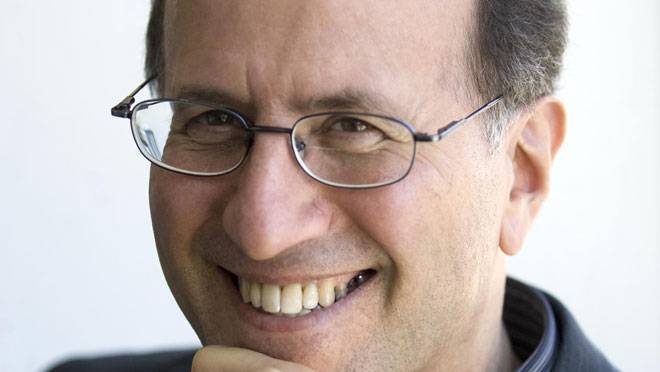Written by Michael Chender
Changing something as embedded as our voting system is a big undertaking. In fact, as any of us who have worked to shift established ways of doing things in an organization, community or in the larger society have discovered, “change-making” is a very challenging undertaking. There are plenty of surprises, unexpected obstacles and opportunities, and a lot of uncertainty along the way. Often it involves a long – usually longer than you thought – timeframe.
This is the nature of working with “complex systems.” Complex systems operate not like machines, where you can simply fix or replace parts, (as some of our leaders would often like to pretend) but like living organisms, deeply interconnected and constantly learning and adapting to new input from the environment in ways we can’t anticipate. Even if you haven’t tried to work with audacious social changes, you can see this dynamic at another scale in raising a child, nurturing a relationship, or even trying to maintain our own resolutions to ourselves.
As we engage a process as deeply embedded in our culture as our system of voting, we are looking at deciding on and then trying to implement changes that will rouse lots of opinions and passion, entrenched opposition (the nature of systems is that they resist change to their basic structure), and uncertainty about the unintended consequences, some of which can’t be known no matter how hard we try, that have to be dealt with as they arise.
Depending on your sense of adventure and curiosity, stage of life, and mood of the moment, this may strike you anywhere from very exciting to terrifying. What does it take to deal effectively in this environment, or in any bold attempt to change the status quo?
You need to be – to some extent – both humble and stubborn. Humble, because some of your preconceived ideas will likely not survive your first few encounters with the complexity of the real situation, and you will need to be constantly learning as the system responds to your initial initiatives. Stubborn, because you’re on a long road and at times it will take grit not to get discouraged. A lot of times you will be uncertain, and that’s okay—actually that’s a potentially very creative place for new insight, if you can muster the patience to tolerate the uncertainty and not try to prematurely manufacture answers.
On the other hand, this kind of journey can also be experienced as delightful, fascinating and energizing. Curiosity and a sense of humour is extremely helpful.
From the fifteen years that we ran the Authentic Leadership Institute (ALIA) in Halifax, it appears there are three specific skills, all of which can be practiced, that serve people working with change:
1) A systems view
Deepening a “systems view” means learning to see the patterns of how things connect, often in a non-obvious way, and therefore being able to see where in a system to push and where not to waste your effort.
2) Mindfulness
Mindfulness and emotional intelligence allows you both not to be trapped by your own biases and filters, and to know how to renew and care for yourself on this challenging journey.
3) Gathering allies and working creatively with diversity and conflict
A key skill for this is learning how to listen more deeply (more difficult than it sounds as we are usually listening to the voices in our minds), as a basis for how to genuinely collaborate.
And finally, holding the whole thing lightly, and enjoying the crazy ride.
—
Michael Chender has had a dual carrier as a business and social entrepreneur, and has been a long-time student and teacher of meditation in the Buddhist tradition. He was the founder in 1999 and initial chair of ALIA (Authentic Leadership in Action), an innovative series of programs in Nova Scotia and Europe bringing together training in organizational and social change methodologies, mindfulness and arts-based awareness. He also founded in 1980 and ran for 32 years the leading provider of information to the worldwide mineral exploration industry. He continues to try to walk with his feet in seemingly different worlds.
The views expressed in guest blog posts are those of the contributors, and not necessarily Springtide. We invite a diversity of commentary and opinions encourage those who wish to express theirs on the Springtide blog to get in touch.





